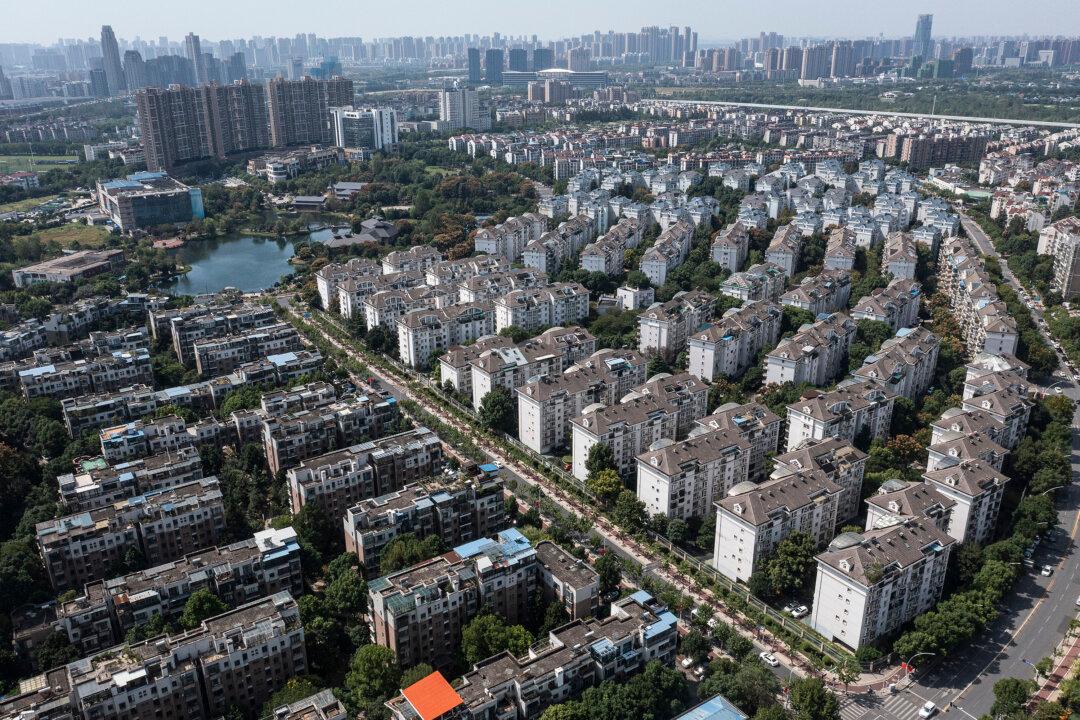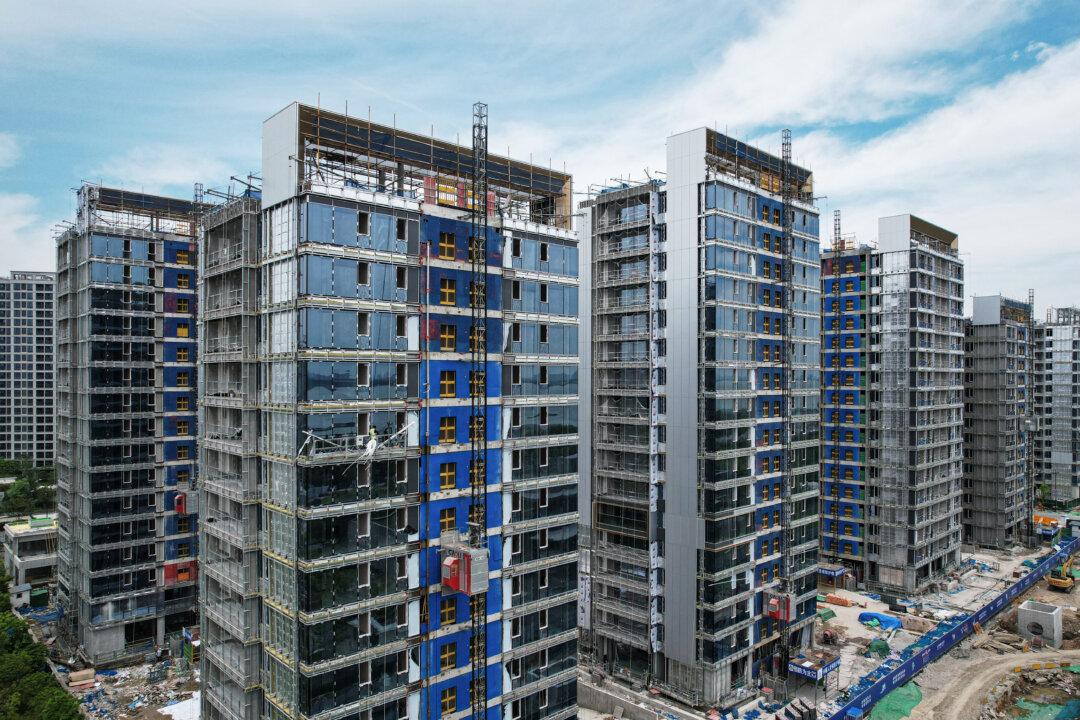China’s real estate market rocked again on Friday after another developer, Soho China, reported a significant drop in revenue hours after China Evergrande Group filed for bankruptcy in a New York court.
Soho China, a mid-sized commercial real estate company listed on the Hong Kong Stock Exchange, reported a first six-month net profit of 13.61 million yuan, down 93 percent from a year earlier.
Revenue, mostly from Beijing and Shanghai rentals, fell 8 percent, to 821.50 billion yuan, but gross profit fell sharply and the fair-value assessment of its assets reversed, cutting more than 130 billion yuan from the company’s bottom line
Reportedly, the heavily indebted Evergrande filed for Chapter 15 protection, which is meant for insolvency cases involving non-U.S. companies and other cross-border parties. The company said in its filing that it is undergoing a restructuring process in both Hong Kong and the Evergrande subsidiary in the Cayman Islands.
Tianji Holdings, its subsidiary, also sought Chapter 15 bankruptcy protection on Thursday in the United States Southern District Bankruptcy Court in Manhattan.
Last week, new contagion fears were sparked by the debt crisis at Country Garden, China’s largest property developer and formerly seen to be a financially stable company.
Evergrande’s filing, along with Soho’s poor financial performance, reinforced China’s deepening property crisis that could extend all over the country as growth slows amid shrinking domestic consumption, rising unemployment, and a weak economy.
How Bad Is the Crisis?
Already, “zombification” among Chinese real estate developers is on the rise. With the decline of new residential sale prices across China in July, companies in financial distress are abandoning unfinished construction projects, signaling that the business model of Chinese property developers based on rising real estate values has reached its limit.
The National Bureau of Statistics conducted a poll in July, and found that prices dropped from the previous month in 70 percent of the 70 major cities surveyed.
For the second month in a row, the simple average of new home prices in the cities fell by 0.2 percent in July, after falling by less than 0.1 percent in June.
On Wednesday, the statistics agency also said that in July, month-over-month prices for newly constructed homes fell in 49 locations, an increase of 11 from June. The decline in prices in major cities like Guangzhou and Shenzhen persisted in July.
Condominium prices are declining because there are fewer buyers than sellers due to ongoing economic and job market uncertainty. Many condo owners are selling because they expect declining prices to force them out of their investments.
The total investment in real estate development for the January–July period was 6.77 trillion yuan ($943.5 billion), which was 8.5 percent lower than the previous year.
The main reason for that was a 7.6 percent reduction in residential housing investment, which accounted for roughly three-quarters of the total.
Property investment also fell as many developers struggled to get financing. For instance, in the first seven months, the amount of funds available for property development was 7.82 trillion yuan, an 11.2 percent decrease from the previous year.





